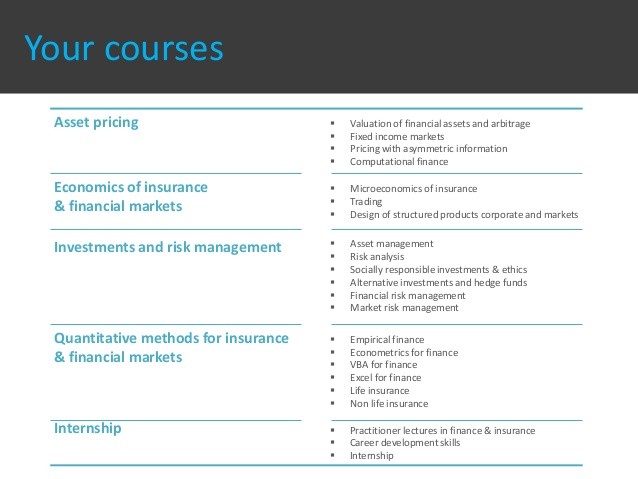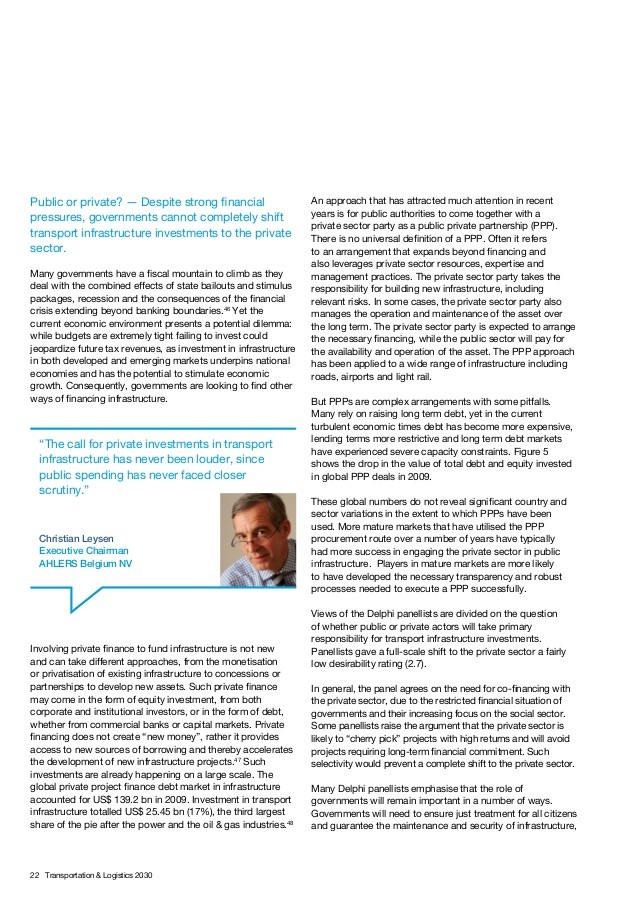Know Your Asset Cost Basis Climbing the Financial Mountain
Post on: 16 Июнь, 2015 No Comment

By: Ron Hawks | October 15, 2014
Every asset you own has tax basis. Normally, this basis is the original purchase price plus any cost or fees you incur to procure the asset (e.g. commissions, closing costs, etc.). But your tax basis doesn’t stop there when it comes to various assets that you’ll own over your lifetime. So why is this important? Well, if you ignore any transactions that can increase your tax basis, you’ll end up overpaying your taxes when the asset is sold.
The two biggest assets that you’ll own in your lifetime that will eventually be sold, thus creating a tax impact, are your home and investments (e.g. stocks, bonds, mutual funds, etc.). Let’s start with your home first. A married couple filing a joint return can exempt up to $500,000 in capital gains from the sale of their primary residence as long as they’ve lived in it for two of the past five years. Even though most people feel that they’ll never have that much equity to even worry about the tax implications, it’s imperative that you understand the rules. Although the future is uncertain, home prices will go up, and when you sell it 25 years from now, you may be looking at a sizeable gain. In order to minimize this gain, your tax basis should include the following expenditures:
- Original purchase price plus
- Any closing costs and commissions to buy and sell your home and
- Any capital improvements that you made that will increase the value of the home such as a built-in patio, new roof, pool, additional bedroom or bathroom, finishing the basement, etc.

The summation of all these costs is the tax basis for your home. So if the original purchase price of your home was $200,000, and you paid $15,000 in closing costs and commissions, and made another $50,000 in capital improvements, your tax basis would be $265,000. If you and your spouse sell your home for $750,000, your capital gain would be $485,000 ($750,000 – $265,000), which would be completely tax free due to the $500,000 exemption from the sale of personal property. Now if you forgot to include all these basis adjusting expenditures, your capital gain would be $550,000 ($750,000 – $200,000 original purchase price) where the $500,000 exemption would leave you with a $50,000 capital gain.
As for the second type of asset you’ll own in your lifetime, investments such as stocks, bonds, and mutual funds, the tax basis is even more important since there isn’t a big capital gain exemption like the one available to owners of a principal residence. The tax basis for investments requires a little more work to keep track of but is definitely worth it. Here are the expenses and transactions that comprise your tax basis in an investment:
- Original purchase price plus
- Any commissions and/or fees to buy and sell the investment and
- Any reinvested dividends, including tax-exempt dividends from municipal bonds, or capital gains
The summation of all these costs is the tax basis in your investment. So if you paid $10,000 for a stock, $100 in transaction costs to buy and sell the stock and received $2,000 in reinvested dividends while you owned the stock, your tax basis would be $12,100. If you sell the stock for $15,000, your capital gain would be $2,900 ($15,000 – $12,100). On the other hand, if you didn’t factor in these tax-basis-adjusting transactions, your capital gain would be $5,000 ($15,000 – $10,000).
As you can see in both assets (home and investments), keeping excellent records is the only way you’ll have all this information to ensure you calculate the correct tax basis. Don’t count on the IRS to bail you out if you don’t make these adjustments as they have no obligation, nor do they have all the information, to automatically give you a refund for your overpayment in taxes. As is the case with everything else in life, the onus falls on you to keep good records and minimize your tax impact.
Note: In 2010, the IRS issued final regulations that will require reporting of basis, including stepped-up basis, by stock brokers and mutual fund companies for most stocks in 2011, mutual funds in 2012, and bonds in 2013. Form 1099-B, Proceeds from Broker and Barter Exchange Transactions, was expanded in 2011 to include the cost or other basis of stock and mutual fund shares sold or exchanged during the year. Basis reporting for asset purchases made prior to 2011 will be optional and made available at the discretion of the financial institution.
Ron Hawks
climbingthefinancialmountain.com where youll also find access to free financial tools and resources.














